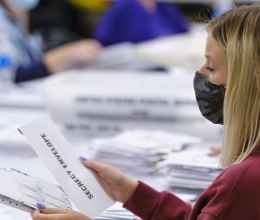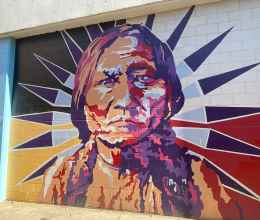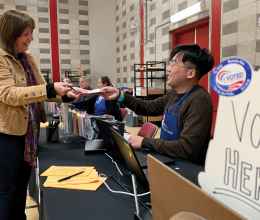
Last week, the U.S. Census Bureau provided the 50 states, the District of Columbia and Puerto Rico with population counts to use in their redrawing of the electoral district boundaries for representation in Congress, state legislatures, and many county and municipal offices — a process also known as “redistricting.”
As the once-in-a-decade redistricting process begins in our state, elected officials have an obligation to ensure that the electoral district boundaries in North Dakota are not sacrificed to self-interest and political parties in the redistricting process.
Redistricting must ensure fair and equal representation for all people, upholding the Fourteenth Amendment’s guarantee of equal protection and complying with the requirements of the Voting Rights Act of 1965.
Historically, instead of drawing congressional and state legislative district boundaries that accurately reflect their population, many states have drawn maps that are not fair. This practice, also known as gerrymandering, is a dangerous political tactic. Gerrymandering is the practice of manipulating electoral boundaries to give an unfair political advantage to a particular political party or group. Instead of drawing fair maps, bad actors could slice and dice North Dakota communities and make it so politicians pick and choose who they represent. But voters should be choosing their politicians — not the other way around.
Not only does redistricting play a role in the design of the district boundaries for North Dakota state legislative offices, it plays a vital role in our communities and will affect our day-to-day lives for the next decade. The drawing of district lines can dictate not only who runs for public office and who is elected, but also how financial resources are allocated for schools, hospitals, roads and more. North Dakota’s elected representatives have the power to make decisions that greatly impact the communities they represent, from criminal justice reform and state-tribal relations to reproductive freedom and LGBTQ+ and Two Spirit equality.
Along with the far-reaching consequences gerrymandering can have on our everyday lives, improper redistricting can result in unequal representation in our voting districts, the dilution of the full voting power of minority voters and fractured communities. Indigenous communities, in particular, have faced numerous obstacles to meaningful participation in the political process, including the redistricting process.
As redistricting begins nationwide, the ACLU will continue to monitor state legislatures and independent commissions across the country to ensure they heed the fundamental principles of democracy, representation and equality.






